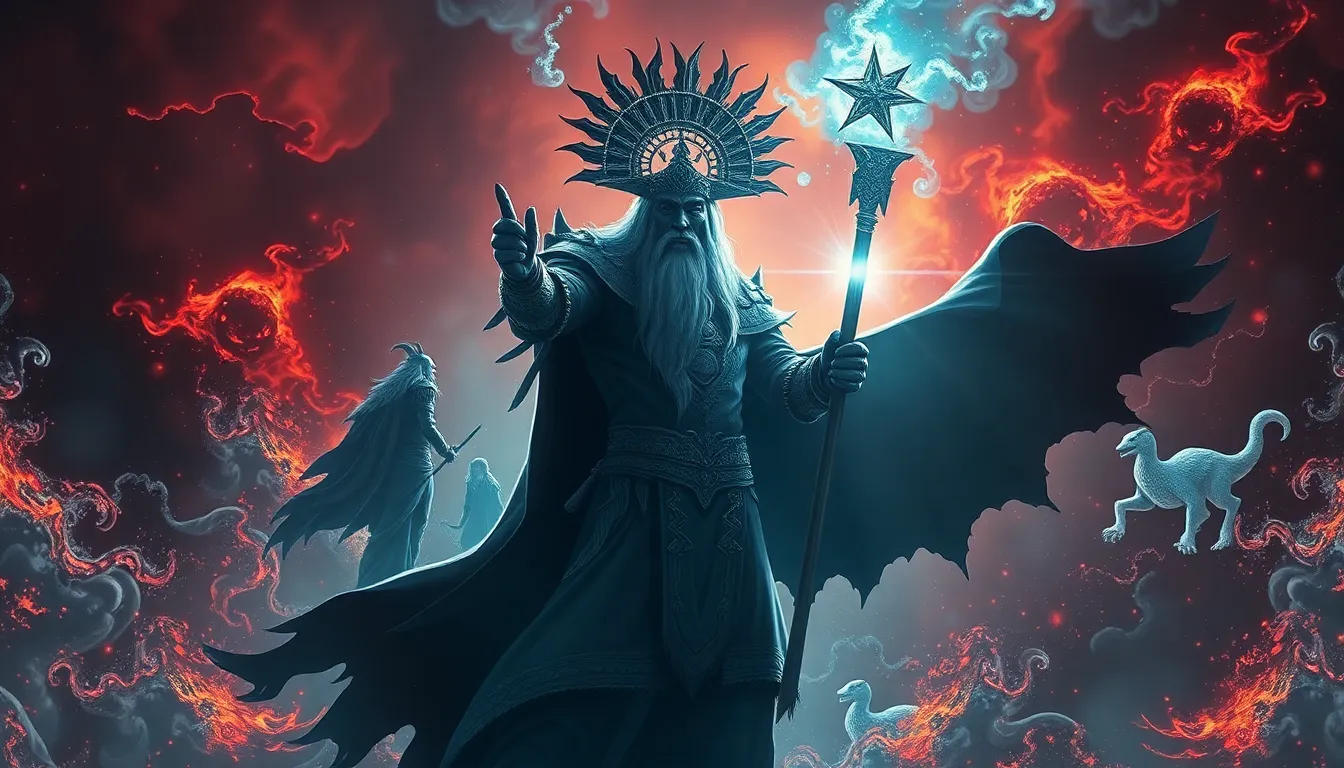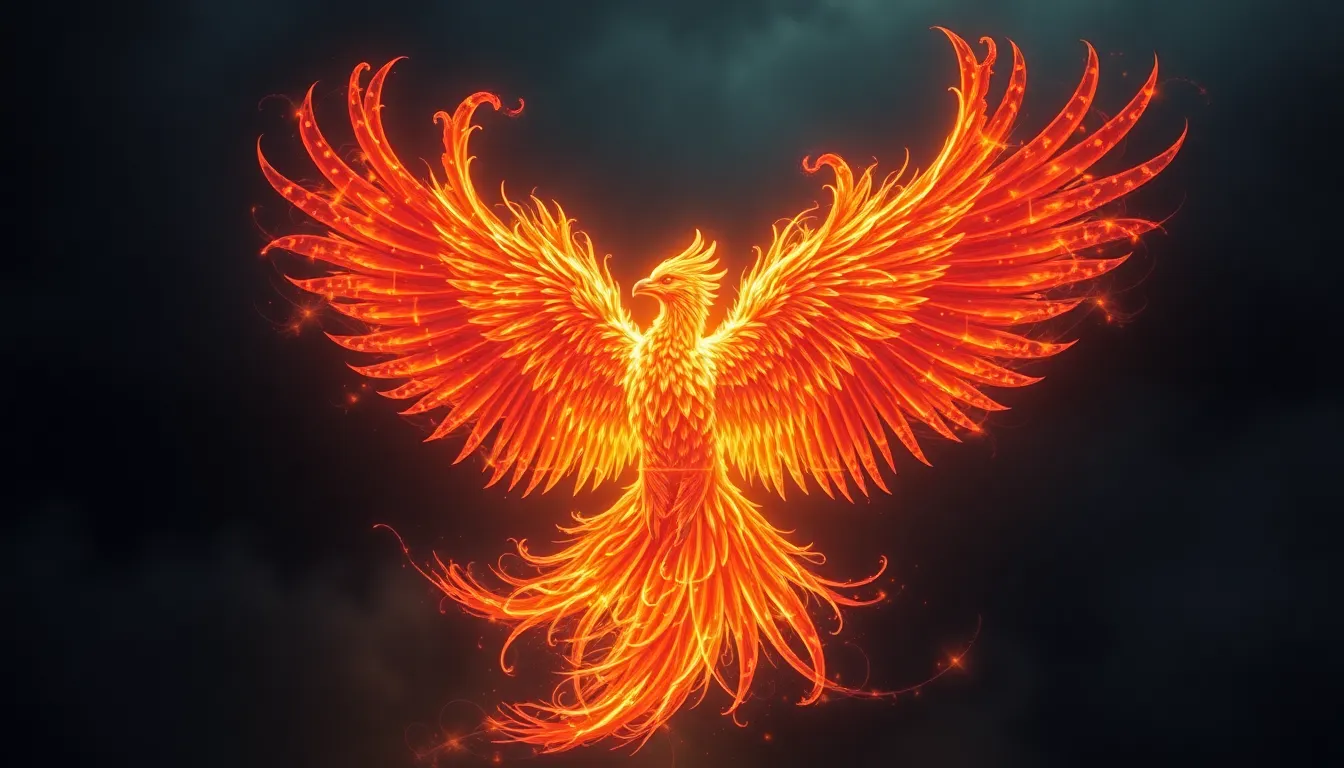Cultural Hero Myths: The Intersection of History and Legend
Introduction to Cultural Hero Myths
Cultural hero myths are narratives that celebrate extraordinary individuals who embody the values and ideals of a society. These myths often blend historical fact with imaginative storytelling, creating larger-than-life figures who inspire and influence cultural identity. Hero myths are significant in various cultures around the world, serving as touchstones for collective memory and societal values.
The intersection of history and legend is crucial in understanding how these cultural heroes emerge. While some heroes may have a basis in reality, their stories are often embellished over time, reflecting the aspirations and challenges of the cultures that venerate them.
The Role of Mythology in Shaping Cultural Identity
Hero myths play a critical role in forming national and cultural identities. They provide a sense of belonging and continuity, linking present generations with their ancestors. By celebrating the deeds of legendary figures, societies reinforce their values and ideals.
- Hercules in Greece: A symbol of strength and perseverance, Hercules represents the Greek ideals of heroism and virtue.
- King Arthur in Britain: The tales of King Arthur and the Knights of the Round Table promote themes of chivalry, loyalty, and justice, shaping British cultural identity.
Historical Figures vs. Legendary Heroes
It is essential to distinguish between historical figures and their mythologized versions. Historical figures are real individuals who existed and made tangible contributions to society, while legendary heroes are often idealized representations that embody specific cultural values.
For example, Alexander the Great was a formidable military leader whose conquests shaped the ancient world, but over time, he has been mythologized into a heroic figure representing greatness and ambition. Similarly, Robin Hood, a figure rooted in English folklore, has evolved from a possible historical outlaw into a legendary hero who champions the downtrodden, symbolizing justice against tyranny.
The process of mythologization involves the transformation of historical narratives into legends, often through oral storytelling, literature, and cultural retelling.
Common Themes in Hero Myths
Many hero myths share common themes that resonate across cultures, including:
- Sacrifice: Heroes often face significant personal sacrifice for the greater good.
- Bravery: The courage to confront challenges and adversities is a hallmark of a hero.
- Justice: Many hero narratives emphasize the pursuit of justice, whether through combat or moral authority.
These themes convey important moral lessons, such as the value of perseverance, the importance of community, and the need for ethical leadership. A comparative analysis of these themes reveals both unique cultural values and shared human experiences across different societies.
Cultural Context and the Evolution of Hero Myths
The creation and evolution of hero myths are profoundly influenced by social, political, and economic factors. Myths often reflect the struggles and aspirations of a society during specific historical periods.
For instance, the adaptation of Native American legends showcases how indigenous narratives have evolved in response to colonization and cultural exchange. Themes of resilience and connection to nature are prevalent in these stories, reflecting the values and experiences of Native American communities.
The Impact of Literature and Media on Hero Myths
Literature, film, and art play a significant role in perpetuating and reshaping hero myths. These mediums can bring ancient stories to contemporary audiences, often reinterpreting them for modern sensibilities.
Case studies of modern adaptations include:
- Marvel Superheroes: Characters like Spider-Man and Iron Man embody traits similar to classical heroes, yet they are grounded in contemporary societal issues.
- Literary Reimaginings: Works such as The Song of Achilles by Madeline Miller offer fresh perspectives on traditional myths, exploring themes of love and identity.
Psychological and Sociological Perspectives on Hero Worship
The psychological need for heroes is rooted in humanity’s desire for inspiration and guidance. Heroes often embody ideals that individuals strive to achieve, offering models of behavior and resilience.
Sociologically, hero myths contribute to community bonding and collective memory. They serve as shared narratives that unite individuals within a culture, fostering a sense of belonging and identity.
Contemporary Reinterpretations of Hero Myths
Modern society has begun to reinterpret traditional hero myths through various lenses, including feminist perspectives that challenge patriarchal narratives. This evolution has led to the rise of anti-heroes, characters who defy conventional heroism and present morally ambiguous choices.
Anti-heroes, such as Walter White from “Breaking Bad,” reflect contemporary complexities and the challenges of modern morality, thus reshaping the understanding of what it means to be a hero.
The Role of Education in Understanding Hero Myths
Teaching cultural hero myths in educational settings is vital for fostering critical thinking and cultural awareness. Integrating hero myths into curricula can be approached through various methods:
- Literature Studies: Analyzing texts that feature hero myths can encourage discussions about values and ethics.
- History Lessons: Contextualizing myths within historical events can provide a deeper understanding of their significance.
- Art and Media Projects: Students can create their interpretations of hero myths through visual arts, film, or writing.
Conclusion: The Enduring Legacy of Cultural Hero Myths
The significance of hero myths in contemporary society cannot be overstated. They continue to influence cultural identity, inspire individuals, and reflect societal values. As we navigate a globalized world filled with diverse narratives, the study of hero myths offers valuable insights into the human experience and the shared ideals that connect us all.
Understanding the intersection of history and legend enriches our appreciation of these narratives and their enduring legacy, paving the way for future explorations of cultural identity in an ever-evolving landscape.



